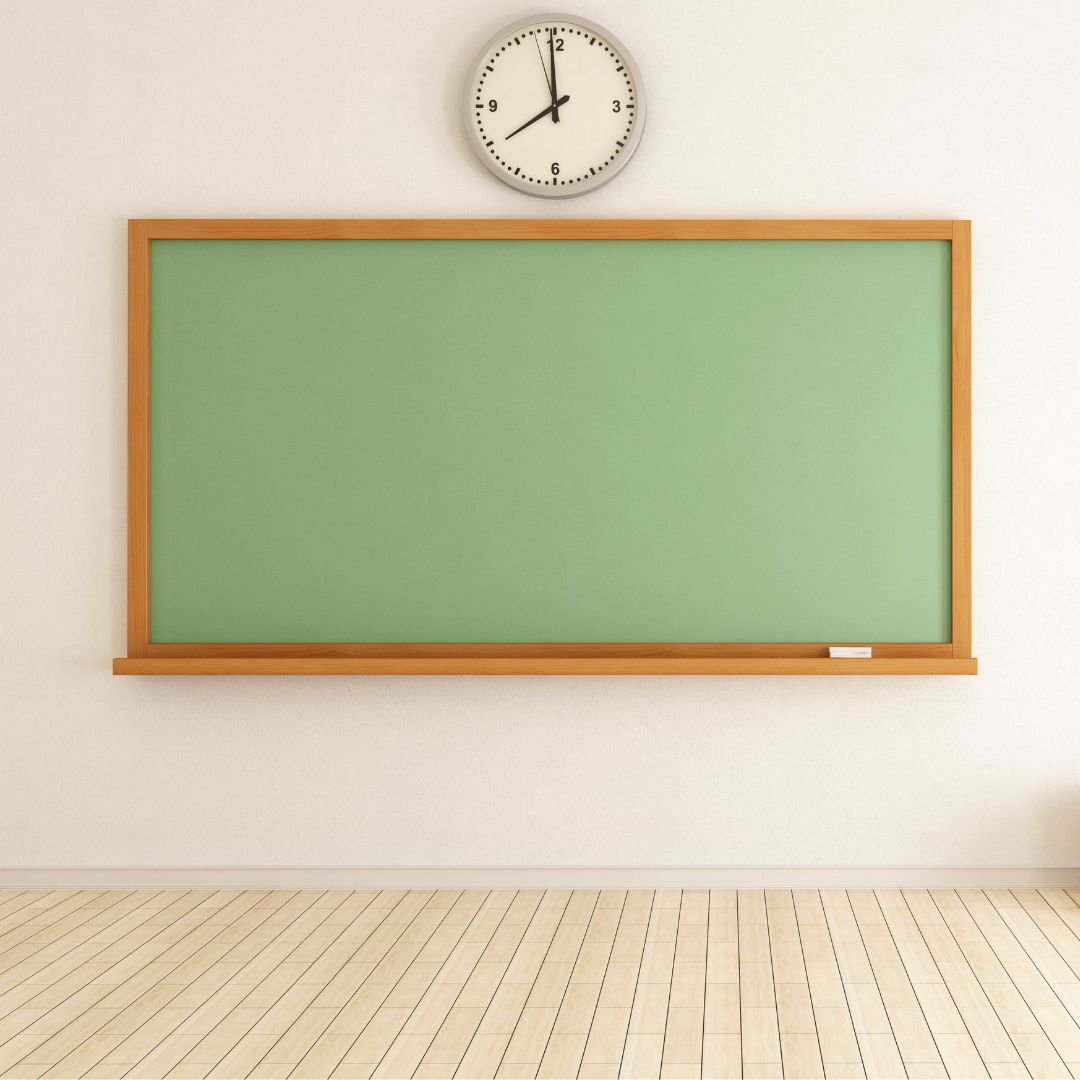After receiving your child’s diagnosis of ADHD, it is overwhelming to find the best treatment option to help your child. You do a quick Google search or join a Facebook group and attempt to sift through the never-ending recommendations. Unfortunately, this can sometimes lead to more confusion and overwhelm. So many factors are involved in getting help for your child, including options for in-person therapies where you live, cost, time involvement, and effectiveness of medical and non-medical treatments for ADHD.
Today, we are discussing one of the most effective, non-medical treatment interventions for ADHD—behavior therapy!
Behavior therapy is the only non-medical treatment for ADHD with a large scientific evidence base. Because of this, it is recommended that behavior therapies begin as soon as a child receives an ADHD diagnosis. Behavioral therapies also do not produce the unwanted side effects of medication that concern most parents.
As a psychologist, if I am unsure of an ADHD diagnosis or a child is still considered too young for a diagnosis (4 years of age), I will also recommend behavior therapies. The American Academic of Pediatrics also recommends that behavioral therapies be the first line of treatment for children under 6. From our experiences working with parents, we know many parents prefer starting with social and behavioral treatment before moving to medication.
So let’s dive into four behavior treatments that offer strong support in helping children with ADHD and their families.
1) Parent Behavior Training
We know that behavior therapies are effective, but what are they? One of the primary forms of behavioral therapy is parent behavior training (*Hint, hint* this is the type of training we offer in our online parenting course, Creating Calm!!).
Parents are taught to reinforce positive behavior, create structure, use consistent behavioral techniques, and build positive parent-child interactions.
Parent training may occur in university settings or the community by a psychologist/therapist/counselor. These sessions are typically 1-2 hours weekly for 8-12 weeks. A recent study found that in-person and online parent training are effective interventions for children with ADHD. Some therapists might also have training in some of the interventions listed above. For instance, Mallory has training in the Incredible Years and often used strategies from several programs when working with families in therapy.
Remember that talk or play therapy, where a therapist only works with your child, is ineffective in addressing ADHD symptoms. To treat ADHD symptoms, the therapist should primarily work with parents to teach skills. Talk or play therapy may be recommended for treating co-occurring diagnoses of anxiety, depression, trauma, etc.

2) Classroom-Based Behavior Interventions
Behavioral interventions at school are also effective. This includes professional consulting with teachers to provide classroom behavioral supports, including frequent reinforcement of positive behaviors and clear expectations for behavior.
Daily behavior reports have also been used to allow frequent communication on the child’s behavior at school so that parents can provide rewards at home for success during the school day. Accommodations are also put into place to help children be more successful. This might include allowing the child to stand during work; frequent movement breaks during the day, extra time on assignments, or a quiet place to complete tests or independent work.
A more intense form of behavior support in schools is called a Functional Behavior Assessment (FBA). We recommend you request this type of assessment for your child if they have significant behaviors at school impeding their social and academic progress. These include hitting or fights with peers or school staff, yelling or verbal aggression, frequent defiance or work refusal, or significant inattention limiting their ability to complete schoolwork/homework.
In this type of assessment, a psychologist or behavior specialist observes your child across multiple days and times to identify patterns or situations that trigger the behaviors and consequences of behaviors. This information is then used to create an individualized positive behavior support plan unique to your child’s needs. If you’re curious about this type of assessment and how to develop a behavior support plan, we teach all this in our online course.
3) Behavioral Peer Interventions
Behavioral peer interventions are typically completed in summer camps or recreational settings where children can play with other children. In some research, parents are trained to deliver behavioral interventions to their children and to act as social coaches. This training also improved children’s behavior outside the recreational settings where children were coached.
4) Organization Skills Training
Lastly, organizational training has also been shown to treat children with ADHD effectively. A hallmark of children with ADHD is challenges in executive functioning. Thus, children with ADHD benefit from interventions targeting organizing school materials, tracking and monitoring assignments, and planning homework.
Academic tutors or teachers, speech language pathologists, psychologists, and counselors are all professionals who offer organizational or executive functioning skills training.
These interventions are sometimes included in a child’s IEP or 504 plan. For instance, some children might have a period to work with a special education teacher on tracking assignments, organization, and study skills.
Ready to learn more?
If you want to learn more about the research behind interventions for children with ADHD, including medications, neurofeedback, diet, and more, click here to grab a copy of our FREE ADHD Treatment guide.
For the six keys to raising a happy + independent child with ADHD, you want our FREE ADHD Parenting Guide.
And if you are ready to dive deep, learn new tools, and help your child with ADHD thrive, check out our online parenting course, Creating Calm.

Have a fantastic week!
Lori, Katie, and Mallory







Thank you so much for reaching out and sharing this encouragement! It means the world to us❤️